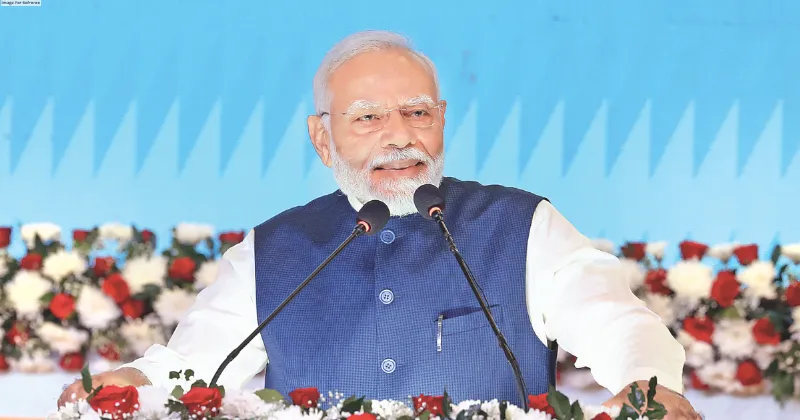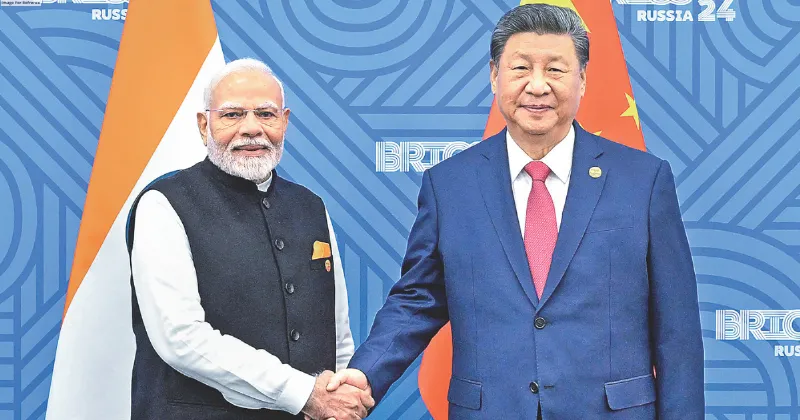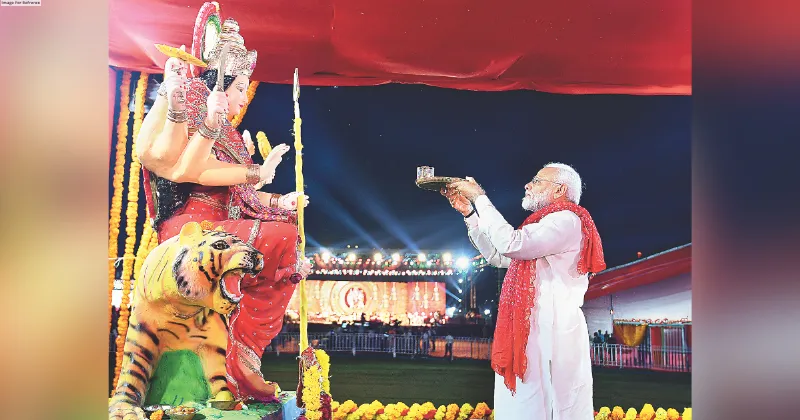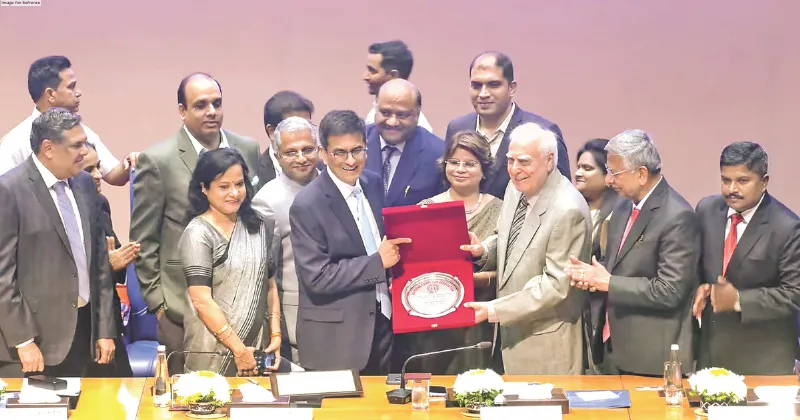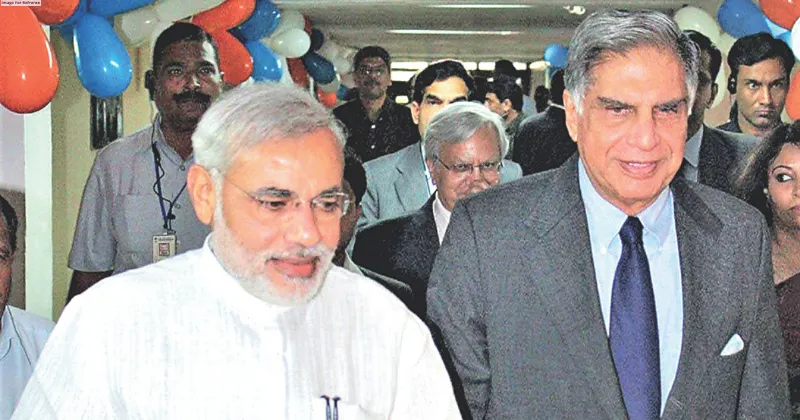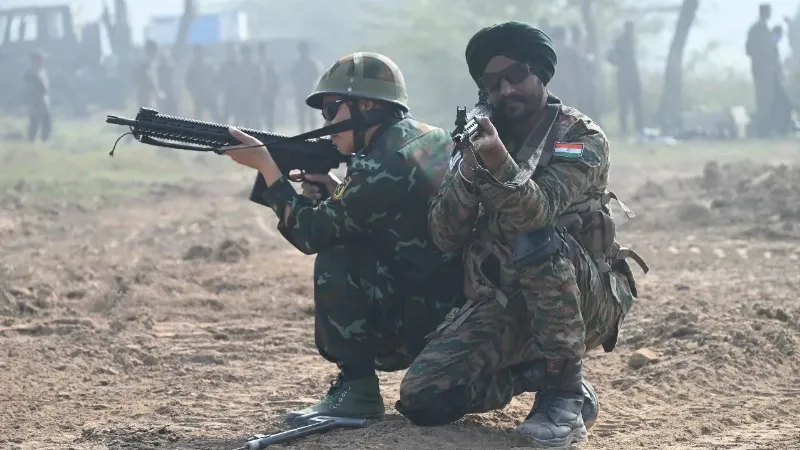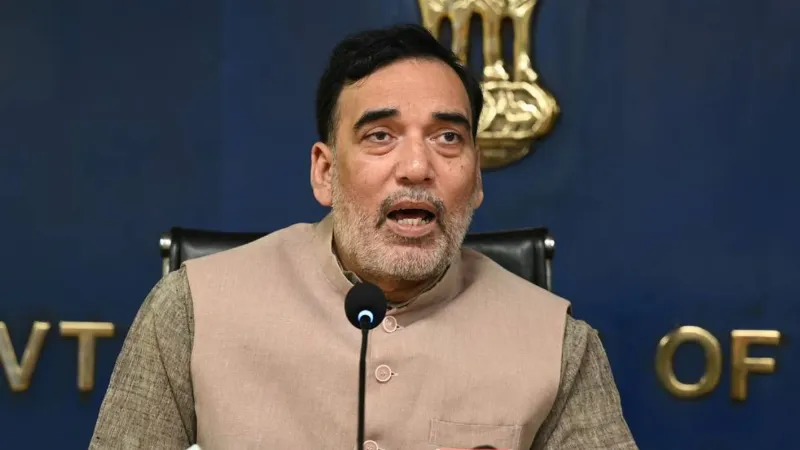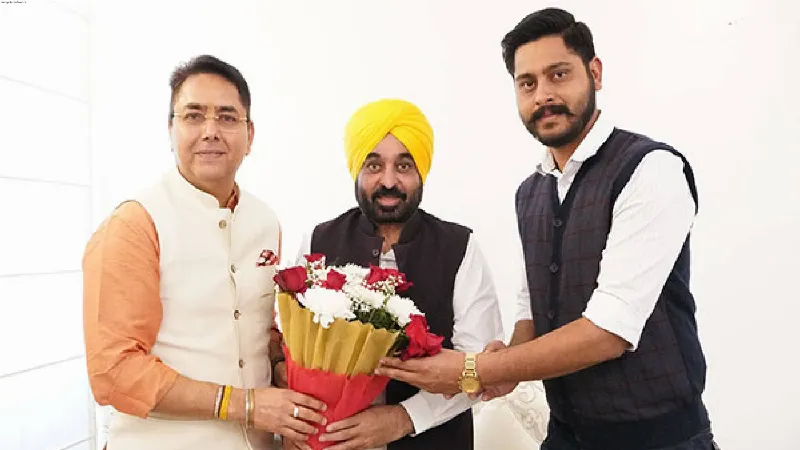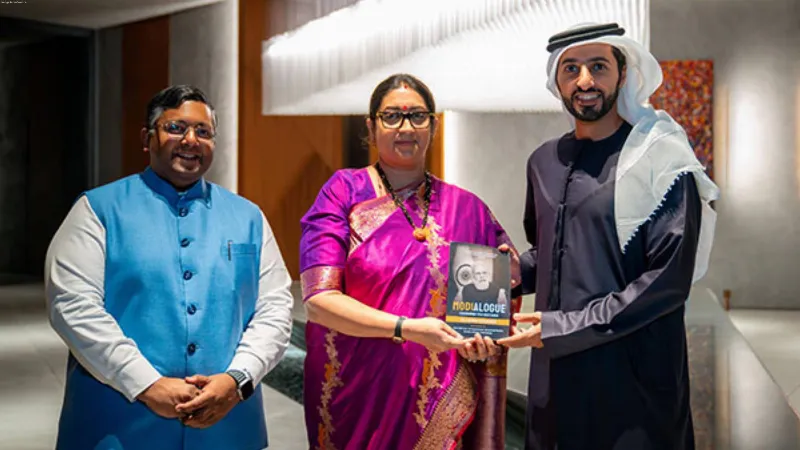MENTORING & COACHING THE DYNAMIC TWINS

In the continuously progressing global business environment, it is of vital importance to develop the next generation of skilled and thoughtful leaders who can guide and direct organizations to achieve desired results. This meticulous and relentless process of tilling and preparing future leaders is basically a long-term investment requiring a well-structured strategic approach.
In my long and arduous career as a corporate trainer, I have observed that coaching and Mentorship are two flavourful tools that play a pivotal role in assisting industries achieve their objectives. Both these perspectives extend a window of opportunity to individuals to learn from seniors in their field of interest, hone essential leadership skills and gain constant guidance. It is by nurturing the prospective emerging talent that business houses ensure a succession ladder of leadership to keep them relevant in the times to follow.
I have perceived that even senior leaders often use coaching and mentoring interchangeably, though they are heterogenous in character. While both the terms are invaluable in their own way, they plate up to dissimilar purposes. Normally, Mentoring involves an experienced person called mentor from the same industry, sharing his/her knowledge, skills and experience with a less experienced person called mentee. Mentors are trusted advisers and experienced person who guides and supports the journey of the mentee based upon how he could tide over similar challenges in his own life and therefore, it is more behavioural and customised. Process of mentoring tends to be on a longer-term or at times life long and remains more personalised than coaching.
On the other hand, coaching is a goal-oriented and a well-defined approach wherein, a coach works with a group or an individual to assist them achieve laid out goals. Responsibility of a Coach is to help the subjects realise their strengths and weaknesses, set targets or objectives and then evolve strategies to improve performance. More often than not coaching is skill based. A Coach need not necessarily be from the same industry as the individuals being coached. Coaching periods are often of shorter-terms and better organised compared to mentoring relationships.
So, in other words, if mentoring is an informal alliance aimed to build a two-way, mutually beneficial relationship for longterm career movement, Coaching can be defined as a partnership with a group of people/ team or an individual for carving out a creative process to influence and persuade them to optimise their personal and or professional potential.
While Mentoring is a self-directed activity where mentee has a choice to select a mentor and where the approach depends on a self-matching procedure for a long-term association, Coaching is structured for shorter periods on a more frequent sessions to work on a narrower agenda and oriented toward achieving expected results.
Let me give examples from great epic Mahabharta. Both the warring factions, the Pandavas and Kauravas had the same coach in Guru Dronacharya whose content and style of coaching was identical for both. Yet, each one of them acquired expertise of varying standards on different weapon skills dependent on each one’s personal liking and interest. The devotion and dedication of each one also differed which led to different results. But while Arjuna selected Krishna as his mentor who led him to the path of righteousness, the mentor chosen by Duryodhana was crafty, dishonest, cheat and a manipulator Shakuni. And we all are aware of the outcome of the battlefield at Kurukshetra.
My next example is from the spirited world of sports where peer mentoring and support measures up to a pivotal role in shaping the future of newer and younger personalities. Months before Indian team triumphed in T-20 world cup, they faced humiliating ouster in ODI cup by losing to minnows Bangladesh and Sri Lanka at the group stage itself in West Indies in 2007. The coach Greg Chappel turned out to be a coach who managed to brush the careers of many acclaimed stalwarts of Indian team like Kaif, Irfan, Harbhajan and Saurav Ganguly under the carpet. Yet, a few who chose a correct mentor (Sachin) like Sahwag managed to sail through.
Owing to the examples cited above, as a corporate trainer I strictly advice my clients that it is essential and important to select a mentor who has the capabilities to impact the character of the mentee. Though, selecting a coach is also very important, but then it is only for a specific art, sports or business trait. While a wrong choice of coach may only result into a failure in just an area, loss of time, money, opportunity or substandard performance, wrong choice of mentor may just be disastrous for your entire life.
THE VIEWS EXPRESSED BY THE AUTHOR ARE PERSONAL
Col Anupam Jaitly (R) The writer is defence expert, motivational speaker and corporate trainer

